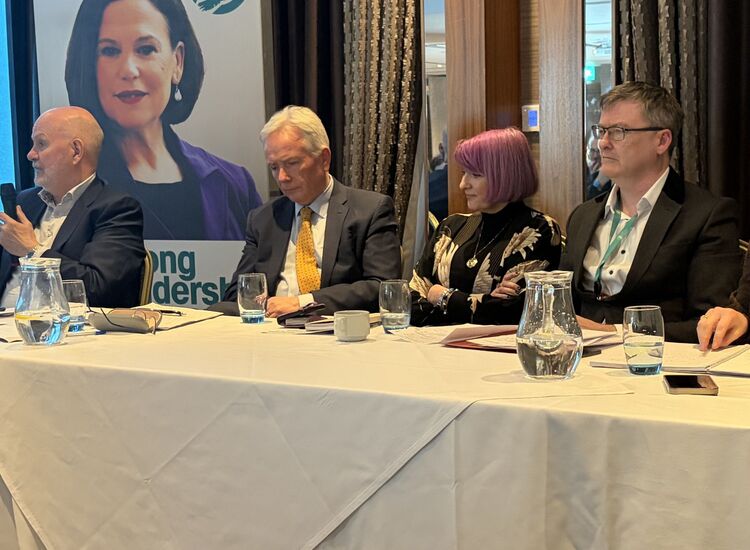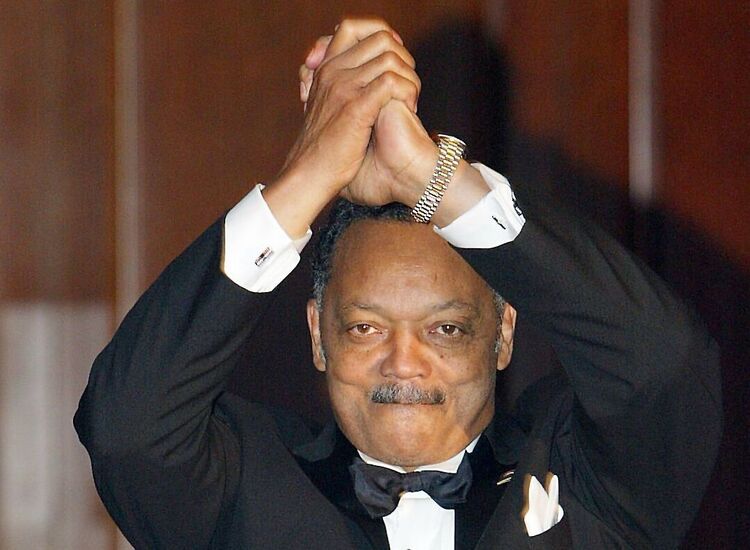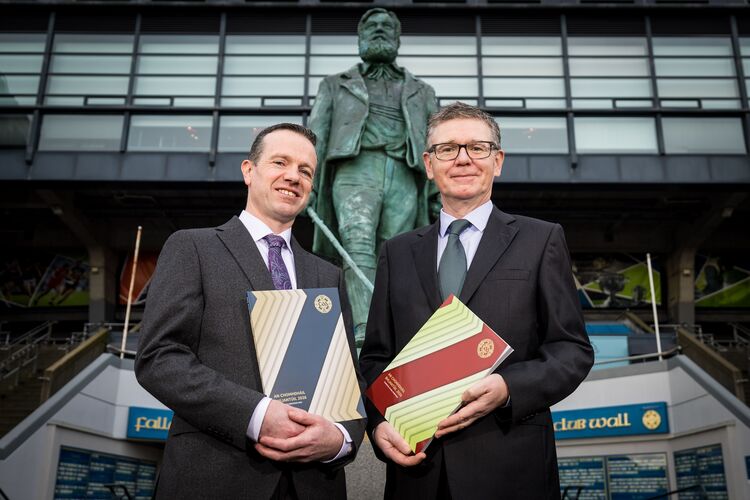Stephen Boland near his home in Warwick, N.Y.
By Peter McDermott
No signature required.
That’s one change in the life of Stephen Boland working on the frontline for United Parcel Service, aka UPS.
His world has changed like everyone else’s, but it still involves a long commute to Lower Manhattan during the global pandemic.
“I mostly know the customers,” Boland said of UPS’ clientele in the Financial District. He keys in a code number for each customer instead of asking them to sign. The company quickly adapted to the new normal of social distancing and aimed to ensure people felt comfortable in interactions with its staff.
One week Boland was delivering parcels mostly to offices and then the next 95 percent of his stops were at people’s residences. He drops off everything from computer parts to foodstuffs.
It’s gotten much busier for his colleagues already servicing a mostly residential clientele in places like Queens. “It’s like Christmas there,” he said.
The Longford Town native drives in from Warwick, Orange County, N.Y. — an 80-minute journey. He used to take the bus, but it had become unreliable and he understands that it’s now mostly unavailable.
“It’s not as busy, not as rushed,” the father of two said generally of his own schedule.
He works the nine hours from 8:30 each weekday, when previously he took what overtime he could. Usually he was to be found in the Wall Street area from 7:15 a.m. to 7 p.m., Monday through Friday.

A UPS truck in Queens.
Everybody has responded differently. “Personally, I’m not a worrier and just do what I normally do,” Boland said.
But he understands fully the anxiety about Covid-19 when so little is known about its transmission. Two of his sisters work as nurses; one, in New Jersey, is the mother of four sons. He was raised in a family of nine children, five of whom still live in Ireland, which he visits frequently. He’s happy that one of his sisters can do grocery shopping for their father back home in Longford.
In Warwick each evening, Boland’s wife takes his temperature. He gives her his uniform, which she puts in the washing machine, and he has a shower.
A UPS employee for close to 30 years, Boland is grateful for the good pay and conditions negotiated by the Teamsters. Because of their size the company’s vehicles, too, unlike in the case of some of its better-known competitors, are subject to Department of Transportation inspection.
UPS has an ethos, one could argue, that is more socially aware than that of the average corporation. Indeed, its founder was inducted posthumously into the Department of Labor Hall of Fame, which is dedicated to people who’ve improved the working conditions of Americans.

James E. Casey.
James E. Casey, born in Nevada in 1888 to Irish immigrant parents, started the the American Messenger Company in 1907. After a couple of mergers, it expanded beyond its Seattle base as UPS in 1919, in the era of the last major pandemic. In 1966, Casey and his siblings started, in honor of their mother, the Annie E. Casey Foundation, which aids children who are unable to live with their birth parents. He died in 1983 at age 95.
Boland can also point to the social conscience of Jurgen Klopp, the current manager of Liverpool FC, which he has followed devotedly since childhood. The football boss said recently that medical personnel and all workers on the frontline are much more important now than famous athletes or entertainers.
[caption id="attachment_107439" align="alignnone" width="273"]
It’s been 30 years since the Reds were declared champions of England; they’ve never won the Premier League, which began in 1992, but were coasting to this year’s title before the pandemic halted everything. Klopp questioned whether it was soon enough, given that the team hosted Atletico Madrid and thousands of their fans in a European game shortly before the official order to stop all professional sports.
Boland doesn’t believe the season will be abandoned entirely. “You’ve got to finish what you’re in,” he said.
However, that’s not the main issue now. “Football is great. It’s entertainment that keep anxieties away, but at the same time, lives are more important,” Boland said. “Lives have to be the priority.”








